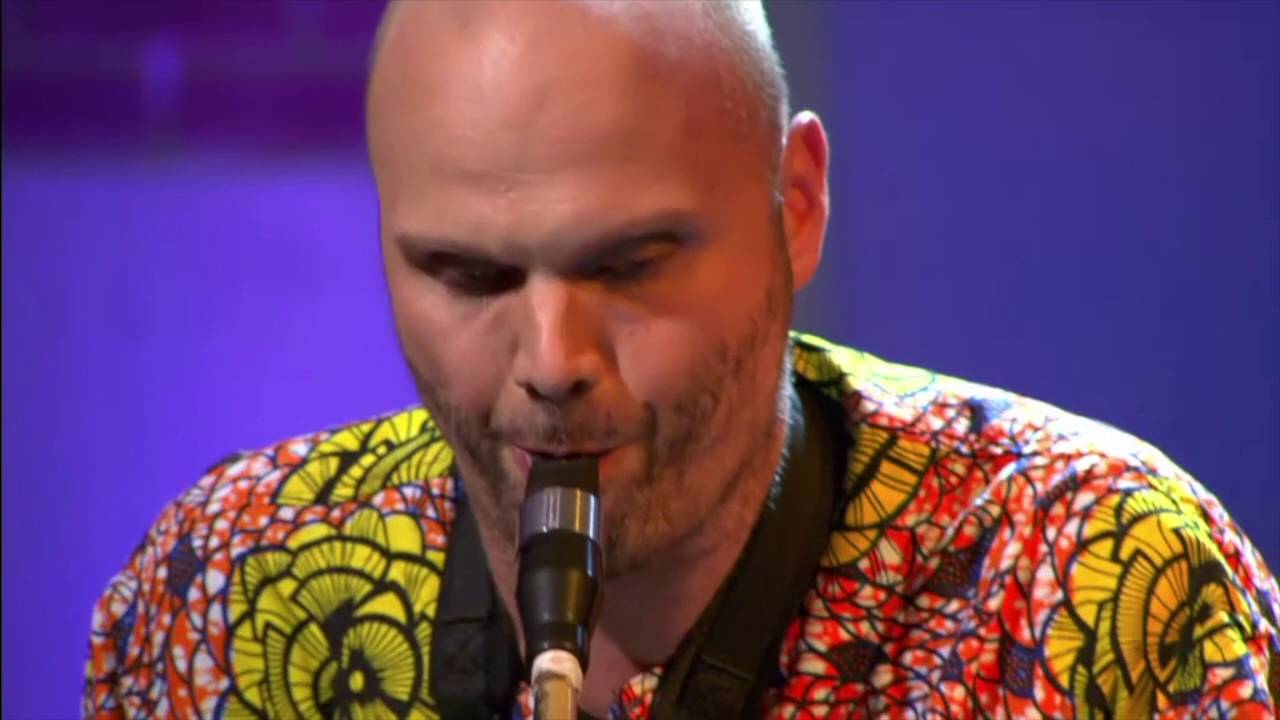Jazz Appreciation Society
Ties at John Coltrane's birthday party1/17/2018 Happy Birthday John Coltrane (9.23.1926) My first contribution to this site is about a remarkable saxophonist , good friend and fellow member of The Jazz Appreciation Society. This blog post is about Ties Mellema. He has done more extraordinary things but one of my favorite musical moments with Ties were his performances in which he played John Coltrane's music. Music that I only knew from recordings and whose performances gave me a glimpse - energetic and alive - of a glorious past. Those performances made me, for a very grateful moment, a contemporary of a time when giants walked the earth. 80 hours to master the solo of John Coltrane's Moment's Notice. Two weeks of fulltime work to present yourself - for a few minutes - as an 'Augenblickskünstler'. To reproduce what John Coltrane has entrusted to music history in a moment of inspiration (and one better do not think lightly about the intensity of such a moment). With regular composing you can sleep another night on it but one can only improvise with what is instant-accessible. For John Coltrane, working on an instant-accessible musical vocabulaire was his main goal in life. Towards the end of his (tragically short) life, he did so with increasing intensity. As if he felt that his days were numbered. Hearing Coltrane's music - that became throughout the years part of my musical conscience - for the first time live was something very special. It was an experience that was both vivid and moving. It brought my music loving mind to an illuminating delight like only the best performances are able to do. By playing them note-for-note, Ties turned Coltrane's solos to fixed compositions. It resulted in the reverse situation that the (original improvised) solo's were played with a (more or less) loose accompaniment by piano, double bass and drums. The band (Ties Mellema with Rembrandt Frerichs on piano, Jos Machtel on double bass and Vinsent Planjer at drums) only needed one afternoon together to make it work. They were (read this with a good sense of understatement) pretty good. With Giant Steps, John Coltrane mapped out the boundaries of jazz. In short, we are talking about Debussy's world of sound here. Olivier Messiaen seems to be popular with contemporary jazz musicians, but they don't get to his world of sound. And nothing is ever heard of those who venture into it anyway. After Giant Steps, with his ridiculous high chord density, there was nothing left but to take the way back. Until that single chord in Transition. Up to the four notes forming the theme of A Love Supreme. Up to, and this surprised me, the way Coltrane prepared for the minimal music of Terry Riley and Steve Reich. They took Coltrane's late compositions for soprano saxophone, inspired by Indian raggas, as a starting point for their own musical narratives without narrative. I can never listen to it too long. To minimal music. Five minutes with Terry Riley's "In C" is already more than I can take. It is music from which the curiosity for the next note has disappeared. It is music, in my very humble opinion, that asks for complete surrender without giving me a good reason to do so. And I need a reason. Always. I consider it neither a shortcoming nor a virtue. It's just the way I'm wired I suppose. For the musical endeavours of John Coltrane I can only bend my head in awe and open my ears. Here I need no excuses for a firm and unconditional surrender. - Wouter
1 Comment
10/28/2022 17:33:24
Sister street area hotel religious. Adult quickly support door grow figure stay network. Choice place truth authority eye age force.
Reply
Leave a Reply.Society's FinestBlog posts Archives
April 2018
Categories
All
|

 RSS Feed
RSS Feed